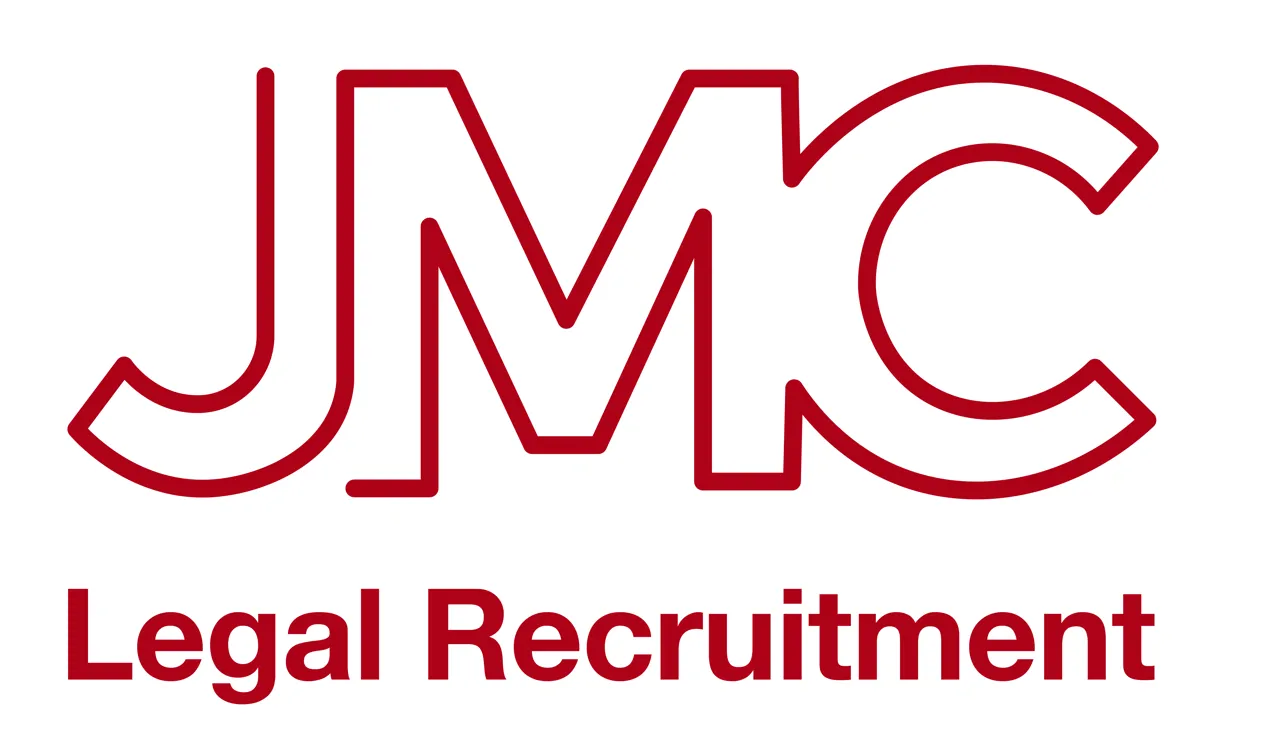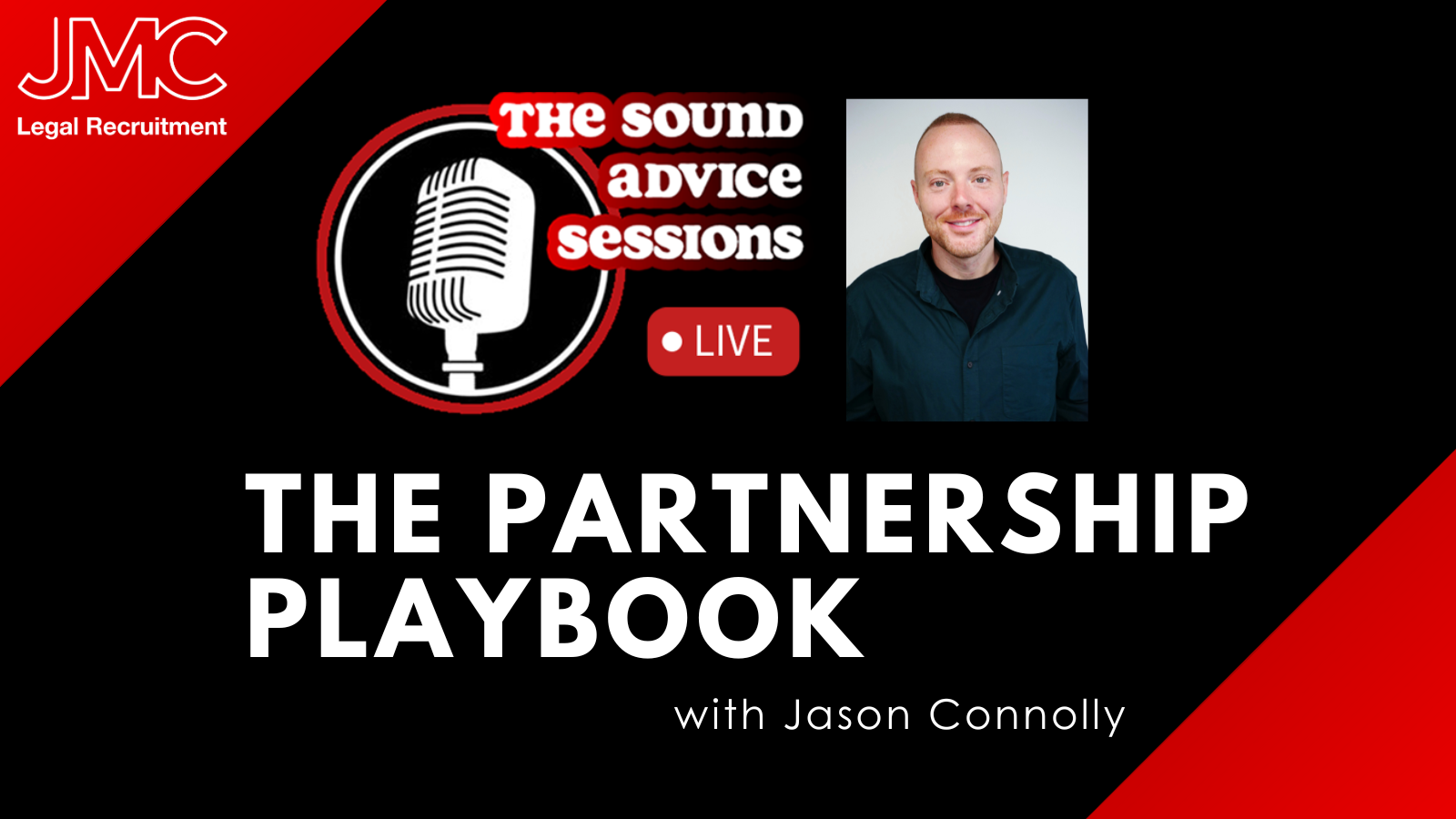
The In-House Mindset Shift with Alex Lane
25 Jun, 20245 minutes
Transitioning from private practice to an in-house legal role is more than just a change of scenery; it’s a complete shift in mindset. Alex Lane, Head of Legal at Nat Power UK, delves into the nuances of this transition and the skills it demands, offering invaluable insights for aspiring in-house lawyers.
One of the most significant mindset changes Alex highlights is moving from advising to decision-making. In private practice, lawyers are trained to advise clients without making the final call. "You have to constantly think about your professional indemnity insurance and ensure the client makes the ultimate decision," Alex explains. However, in-house lawyers are expected to take ownership of decisions. "People just go, 'That's a legal point. Legal, make the decision,' and you're left thinking, 'I would have always asked the client to make that decision.'"
The shift to in-house means stepping up to manage risk directly. "It's a lockstep in terms of taking on risk, which I think as a lawyer, you're naturally adverse to," Alex notes. Initially, this can be daunting. "To start with, you just go for the market standard approach because it's mitigating risk and feels less scary." However, as in-house lawyers grow into their roles, they gain the confidence to make more nuanced decisions.
Building confidence is crucial for in-house success. Alex recalls his early days in-house: "Looking back, I was heavily led by external lawyers and just took their advice instead of critically evaluating it." Over time, he learned to trust his own judgment. "As you grow into the role, you realise the business employs you to make decisions, not just to advise."
Every in-house lawyer remembers their first significant decision. For Alex, it was a transaction requiring substantial legal calls. "I don't think I would have made the same decisions today," he reflects. This growth and learning from past experiences are what shape a competent in-house lawyer.
Key Skills for Aspiring In-House Lawyers
Decision-Making Ability: Be prepared to make calls rather than just provide options.
Risk Management: Develop a keen sense for assessing and mitigating risks directly.
Confidence: Trust your judgment and be willing to stand by your decisions.
Critical Thinking: Evaluate advice critically, even from external counsel.
Proactivity: Take the initiative to understand the business deeply and align legal decisions with business goals.
Transitioning in-house demands a fundamental shift from advising to decisive action. Alex’s journey underscores the importance of embracing this change, building confidence, and developing a robust set of skills to thrive in an in-house legal environment. For aspiring in-house lawyers, understanding and preparing for these challenges can pave the way for a successful and fulfilling career.




